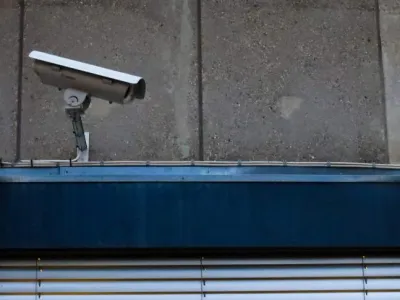Privacy International, a registered UK charity (No. 1147471), was founded in 1990 and was the first organisation to campaign at an international level on privacy issues. Privacy International is committed to fighting for the right to privacy across the world. It investigates the secret world of government surveillance and expose the companies enabling it; litigate to ensure that surveillance is consistent with the rule of law; advocate for strong national, regional, and international laws that protect privacy; conduct research to catalyse policy change; raise awareness about technologies and laws that place privacy at risk, to ensure that the public is informed and engaged.
To ensure that this right is universally respected, PI strengthen the capacity of its partners in developing countries and work with international organisations to protect the most vulnerable.
Privacy International envisions a world in which the right to privacy is protected, respected, and fulfilled. Privacy is essential to the protection of autonomy and human dignity, serving as the foundation upon which other human rights are built. In order for individuals to fully participate in the modern world, developments in law and technologies must strengthen and not undermine the ability to freely enjoy this right.
